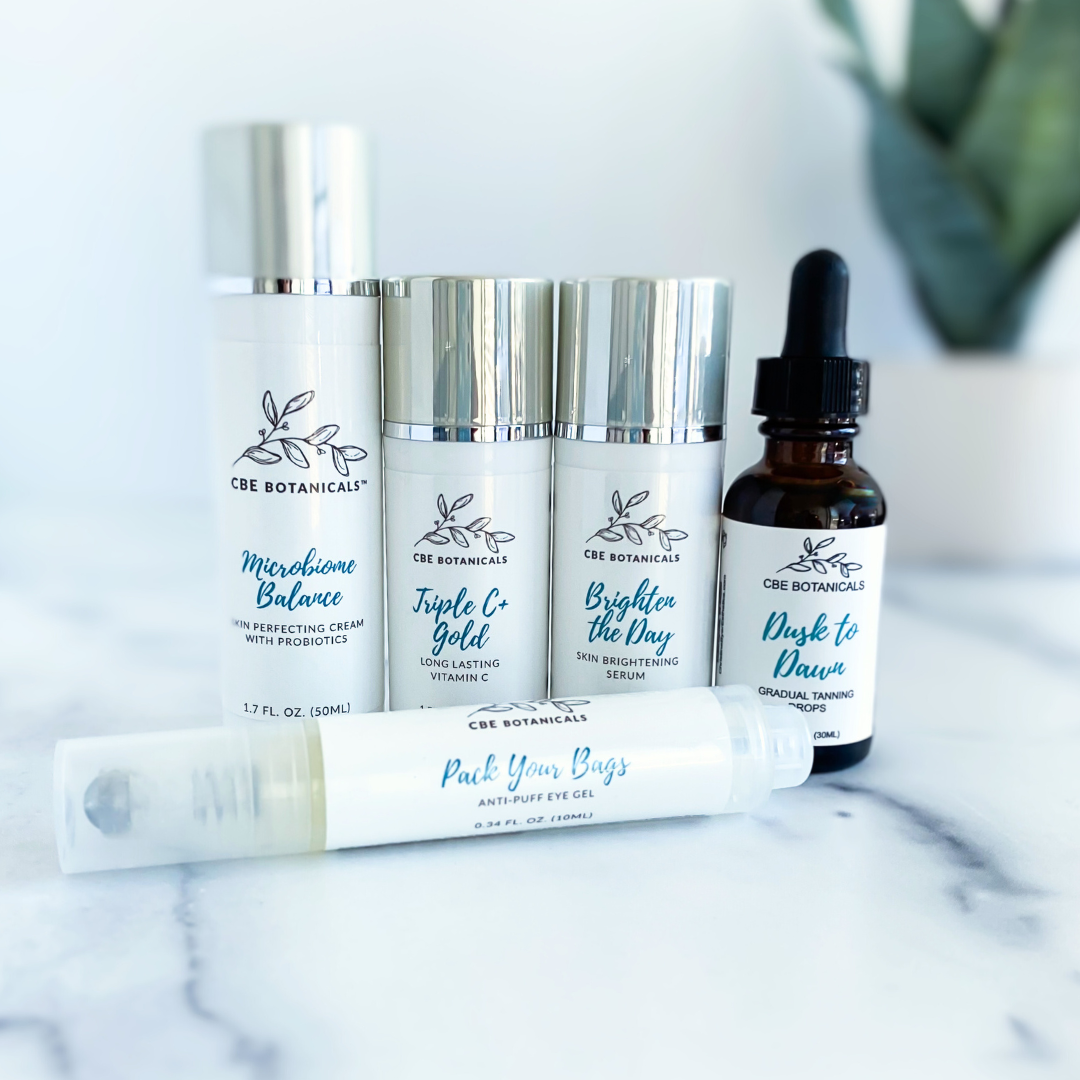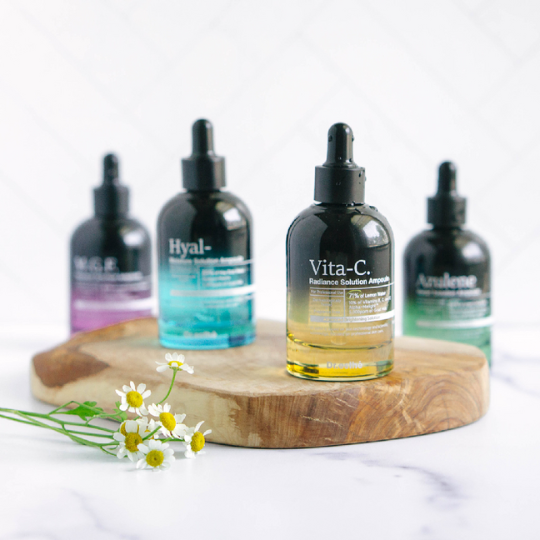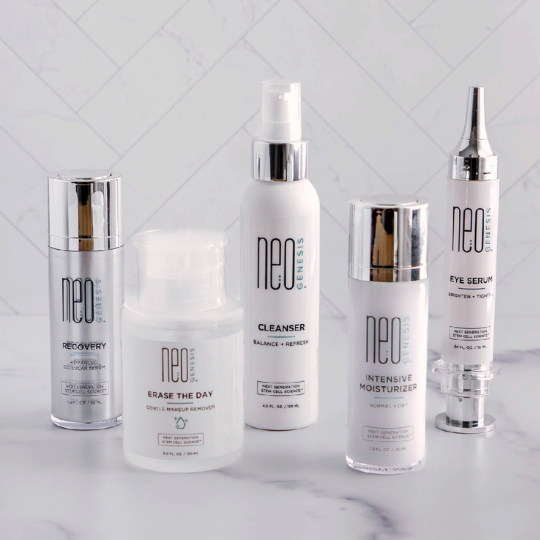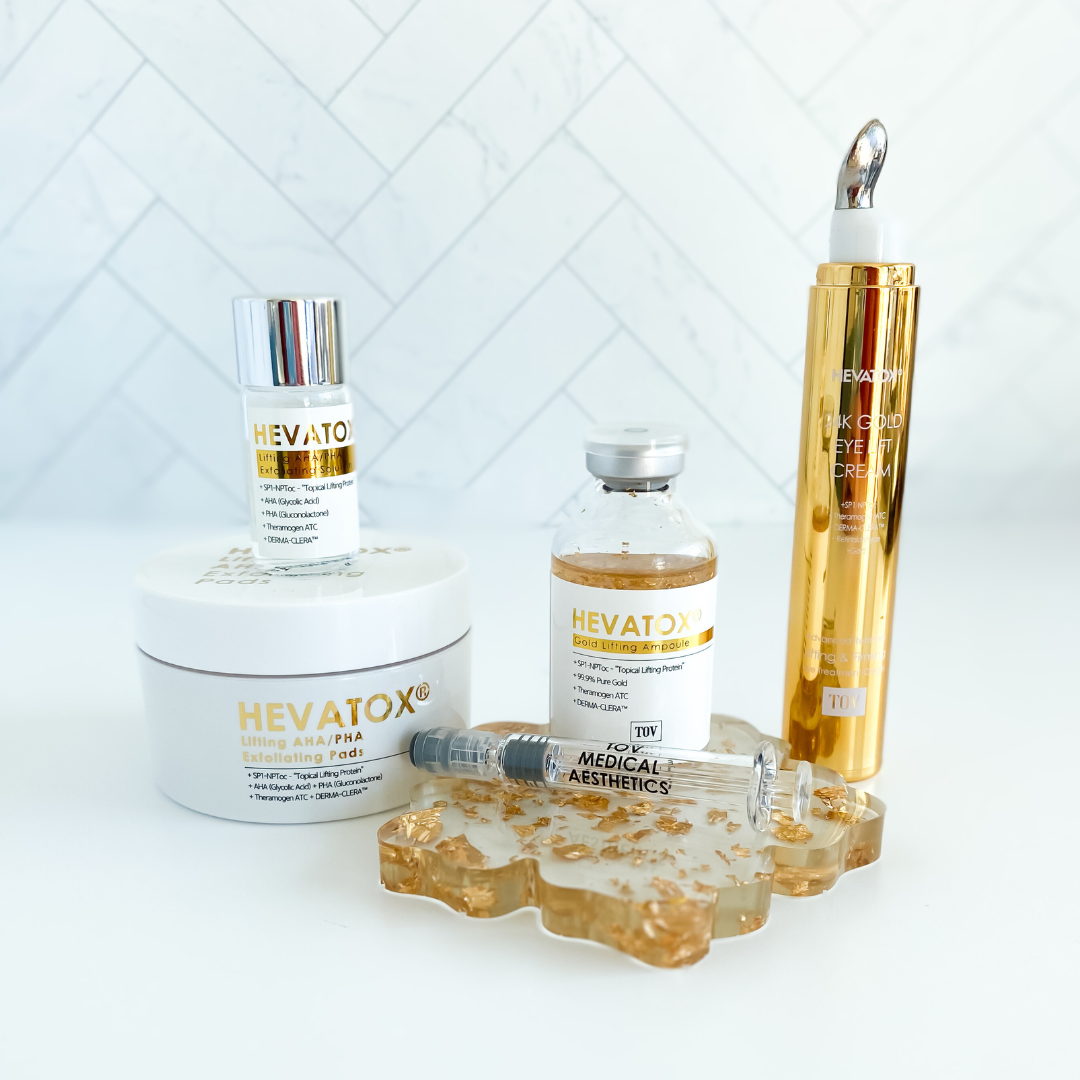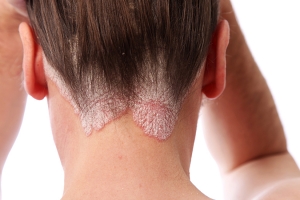Please note the recommendations here are not intended as medical advice. Please consult your physician for medical advice.
What is Psoriasis?
According to WebMD it is a skin disorder that causes skin cells to multiply up to 10 times faster than normal. This makes the skin build up into bumpy red patches covered with white scales. They can grow anywhere, but most appear on the scalp, elbows, knees, and lower back. Psoriasis cannot be passed from person to person. It does sometimes happen in members of the same family.
Psoriasis usually appears in early adulthood. For most people, it affects just a few areas. In severe cases, psoriasis can cover large parts of the body. The patches can heal and then come back throughout a person’s life
Psoriasis is also associated with other serious health conditions, such as diabetes, heart disease, and depression. If you develop a rash that doesn’t go away with an over-the-counter medication, you should contact your medical professional for a diagnosis.
How Does Psoriasis Happen?
While scientists do not know what exactly causes psoriasis, according to Psoriasis.org the immune system and genetics play major roles in its development. Usually, something triggers psoriasis to flare. The skin cells in people with psoriasis grow at an abnormally fast rate, which causes the buildup of psoriasis lesions.
Men and women develop psoriasis at equal rates. Psoriasis often develops between the ages of 15 and 35, but it can develop at any age. About 10 to 15 percent of those with psoriasis get it before age 10. Some infants have psoriasis, although this is considered rare. If one parent has the disease, there is about a 10 percent chance of a child contracting it. If both parents have psoriasis, the chance increases to 50 percent. No one can predict who will get psoriasis. Scientists now believe that approximately 10 percent of the general population inherits one or more of the genes that create a predisposition to psoriasis. However, only 2 to 3 percent of the population develops the disease.
Psoriasis is not a contagious condition (the lesions are not infectious), so coming into contact with someone with psoriasis will not cause psoriasis to spread.
Psoriatic Arthritis
About 11 percent of those diagnosed with psoriasis have also been diagnosed with psoriatic arthritis. Up to 30 percent of people with psoriasis will eventually develop psoriatic arthritis, which causes pain, stiffness, and swelling in and around the joints.
Psoriatic arthritis often goes undiagnosed, particularly in its milder forms. However, it’s important to treat psoriatic arthritis early on to help avoid permanent joint damage
Treatments for Psoriasis
Treating your psoriasis is critical to good disease management and overall health. Work with your doctor or health care professional to find a treatment – or treatments – that reduce or eliminate your symptoms. What works for one person might not work for another.
It’s important to know the different treatment options and keep trying until you find the right regimen for you. Current forms of treatment for psoriasis include:
- Biologics – drugs are given through injection or intravenously that target specific parts of the immune system for moderate to severe psoriasis.
- Systemics – drugs are given orally or through an injection that works throughout the body. Typically for patients with moderate to severe psoriasis and psoriatic arthritis.
- Phototherapy – Phototherapy or light therapy, involves exposing the skin to ultraviolet light on a regular basis and under medical supervision.
- New Oral Treatments – treatment options have emerged with a sophisticated approach to treating psoriatic disease. These are called “small-molecule” treatments and can be delivered effectively by mouth. Unlike earlier pills, these new oral treatments selectively target molecules inside immune cells. By adjusting the complicated processes of inflammation within the cell, these treatments correct the overactive immune response that causes inflammation in people with psoriasis and psoriatic arthritis, leading to improvement in redness and scales as well as joint tenderness and swelling.
An Additional Solution
It is important to work with your doctor or health care professional for treatment and diagnosis of Psoriasis. Early diagnosis is important to keep the condition in check.
The topical application of NeoGenesis Recovery, the most advanced product abundant in S²RM®, to the affected area of skin will also help to skin return to a state of normalcy and reduce the redness and itching. Because psoriasis involves an abnormally high growth rate of skin cells, and an abnormal balance of growth factors, Recovery can help to reset the normal balance of the skin’s growth factors, thereby returning the growth rates to more normal levels.
Moisturizing the skin and keeping it properly hydrated is an important aspect of skin management. NeoGenesis Intensive Moisturizer will keep the skin hydrated and may be applied daily as needed.
LED Light Therapy can aid in the healing process and bring relief. The Glow Younger TriLight LED handheld has both RED (for skin inflammation) and INFRARED (for joint pain and inflammation).
=============================
“I am very familiar with this distressing skin condition as my mom had suffered very severely with it all of her life, with no real relief from the myriad of creams, ointments and bath soaks her doctor prescribed her. My sister currently takes an oral chemotherapy drug to keep her psoriasis under control.I contracted psoriasis on the back of my scalp at the beginning of this year. By March, my scalp had redness and severe flaking. I’d heard about NeoGenesis products when attending Oncology Spa Solutions class earlier this year. I applied Recovery twice daily for about 30 days. I am absolutely delighted to share with you that psoriasis cleared up completely and has not returned. That was 4 months ago.” ~ GF [Image & Testimonial Contribution from NeoGenesis.com]
==================
Want to get support with your skincare journey? Join us at the Christine Byer Beauty Club. We offer a 14-Day FREE Preview with full access to everything in the Club. Ask Christine questions and have access to savings and the opportunity to win a FREE consultation. If you don’t find value in your membership, cancel within the 14 days at no charge.



